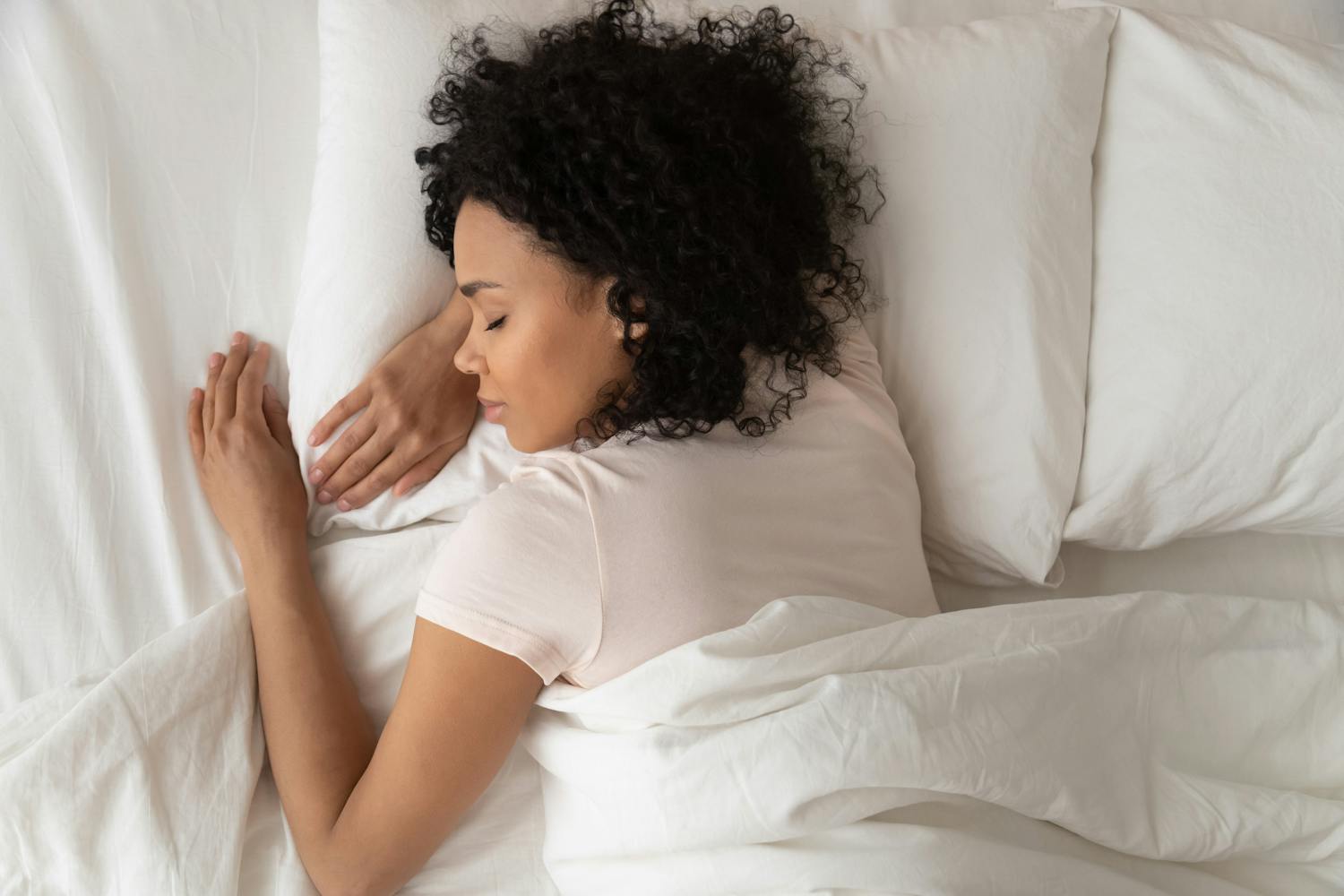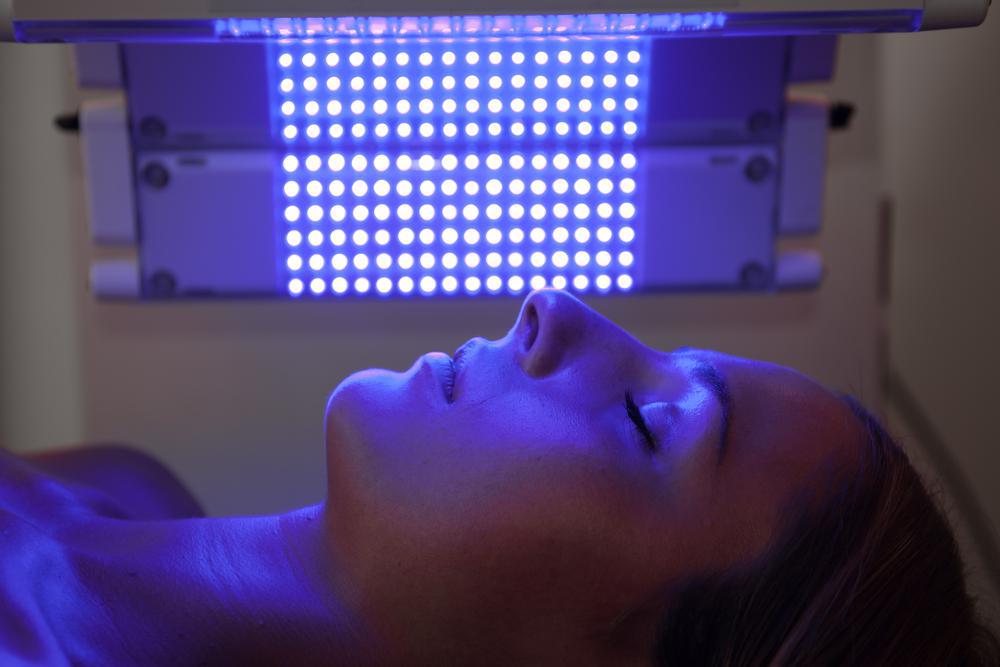Specialist Insomnia Counseling - Obtain Professional Support
Wiki Article
Reliable Therapy Solutions for Managing Sleep Disorders and Enhancing Relaxing Sleep
In the world of healthcare, the administration of sleep problems and the quest for relaxing sleep are critical components of general health. As we navigate the intricate landscape of rest conditions and seek to boost our sleep experience, a much deeper understanding of these treatment options might hold the key to unlocking a much more refreshing and fulfilling corrective journey.Cognitive Behavioral Therapy for Sleeping Disorders (CBT-I)
Cognitive Behavior Therapy for Sleeping Disorders (CBT-I) is an organized, evidence-based treatment method that focuses on attending to the underlying elements adding to rest disturbances. This type of treatment intends to modify actions and ideas that worsen sleep problems, ultimately promoting healthy rest patterns. CBT-I normally entails numerous key parts, including cognitive treatment, sleep constraint, stimulus control, and sleep health education and learning.Cognitive therapy assists individuals recognize and alter negative thought patterns and ideas about sleep that might be hindering their capability to fall or remain asleep. Rest limitation involves limiting the quantity of time invested in bed to match the individual's actual rest period, thereby boosting rest effectiveness (sleep disorder treatment). Stimulus control strategies aid establish a strong association between the bed and rest by motivating people to head to bed only when sleepy and to stay clear of participating in stimulating tasks in bed
Moreover, rest health education concentrates on creating healthy rest practices, such as preserving a regular sleep timetable, producing a relaxing bedtime regimen, and maximizing the sleep setting. By resolving these factors adequately, CBT-I uses a reliable non-pharmacological treatment for taking care of sleep problems and improving overall rest top quality.
Rest Health Practices
Having actually established the structure of cognitive restructuring and behavior adjustments in resolving sleeping disorders via Cognitive Behavior modification for Sleep Problems (CBT-I), the focus currently moves in the direction of checking out necessary Sleep Health Practices for keeping optimum sleep high quality and general wellness.Rest health techniques encompass a variety of practices and ecological variables that can considerably impact one's ability to sleep and stay asleep throughout the night. Consistent rest and wake times, producing a relaxing going to bed regimen, and maximizing the sleep environment by keeping it dark, quiet, and cool are critical components of good sleep hygiene. Limiting exposure to screens prior to bedtime, avoiding energizers like caffeine close to going to bed, and taking part in normal exercise throughout the day can additionally promote much better rest high quality.
Moreover, exercising leisure methods such as deep breathing exercises or reflection prior to bed can aid calm the mind and prepare the body for rest. By integrating these rest health practices into one's daily regimen, individuals can establish a healthy and balanced rest pattern that sustains peaceful sleep and total wellness.
Relaxation Strategies and Mindfulness
Applying relaxation strategies and mindfulness methods can play a crucial function in promoting a feeling of calmness and advertising top quality rest. In addition, directed images can assist transfer individuals to a tranquil location in their minds, assisting in anxiety reduction and improving rest high quality.Mindfulness methods, such as reflection and yoga, are additionally reliable in advertising leisure and boosting rest. Mindfulness motivates people to remain existing in the minute, letting go of bother with the past or future. By including these techniques right into a going to bed routine, people can indicate to their bodies that it is time to prepare and relax for sleep. Generally, integrating relaxation techniques and mindfulness methods can substantially add to managing sleep disorders and boosting total sleep top quality.

Medication Options for Sleep Disorders
After exploring relaxation methods and mindfulness techniques as non-pharmacological interventions for enhancing sleep high quality, it is vital to think about medication alternatives for people with sleep problems. In situations where way of life adjustments and treatment do not supply sufficient relief, medicine can be an important tool in managing rest disturbances.
Typically recommended drugs for sleep disorders consist of benzodiazepines, non-benzodiazepine hypnotics, antidepressants, and melatonin receptor agonists. Benzodiazepines, such as diazepam, are sedatives that can help generate rest, yet they are usually suggested for short-term use due to the danger of reliance. Non-benzodiazepine hypnotics like zolpidem are additionally used to treat sleep problems and have a lower threat of reliance contrasted to benzodiazepines. Antidepressants, such as trazodone, can be valuable for individuals with co-occurring clinical depression and sleep disturbances. Melatonin receptor agonists, like ramelteon, target the body's natural sleep-wake cycle and can be valuable for managing sleep patterns.
It is critical for individuals to speak with a doctor to figure out one of the most appropriate drug alternative based upon their certain rest disorder and clinical history.
Light Therapy for Body Clock Law
Light therapy, additionally referred to as phototherapy, is a non-invasive treatment technique made use of to regulate circadian rhythms and improve sleep-wake cycles. This therapy involves exposure to intense light that simulates all-natural sunshine, which helps to reset the body's great site internal clock. By revealing individuals to certain wavelengths of light, generally in the morning or evening depending on the desired effect, light treatment can effectively adjust the circadian rhythm to promote wakefulness throughout the day and improve relaxed rest during the night.Study has actually shown that light therapy can be particularly beneficial for individuals with body clock conditions, such as postponed mild insomnia sleep stage syndrome or jet lag. It can additionally be useful for those experiencing seasonal affective problem (SAD), a sort of depression that usually happens throughout the wintertime months when all-natural light exposure is reduced. Light treatment is generally well-tolerated and can be utilized in conjunction with other therapy approaches for sleep problems to enhance end results and boost overall rest quality.
Final Thought
To conclude, effective treatment remedies for handling rest problems and boosting peaceful rest include Cognitive Behavior modification for Sleeping Disorders (CBT-I), sleep health methods, relaxation techniques and mindfulness, medicine choices, and light treatment for body clock regulation. These methods can aid individuals enhance their sleep top quality pediatric sleep study and general wellness. It is essential to talk to a doctor to figure out the most ideal technique for resolving rest problems.
As we browse the detailed landscape of sleep conditions and seek to enhance our sleep experience, a deeper understanding of these therapy remedies may hold the secret to unlocking a more rejuvenating and satisfying corrective journey.
Rest restriction includes restricting the amount of time spent in bed to match the person's actual sleep period, consequently increasing sleep performance. Constant sleep and wake times, developing a relaxing bedtime regimen, and enhancing the rest setting by maintaining it dark, quiet, and cool are vital components of great sleep hygiene. Light therapy is usually well-tolerated and can be used in conjunction with other therapy techniques for rest conditions to maximize end results and enhance overall rest top quality.

Report this wiki page